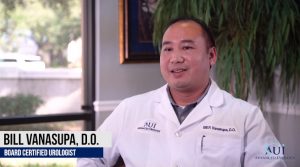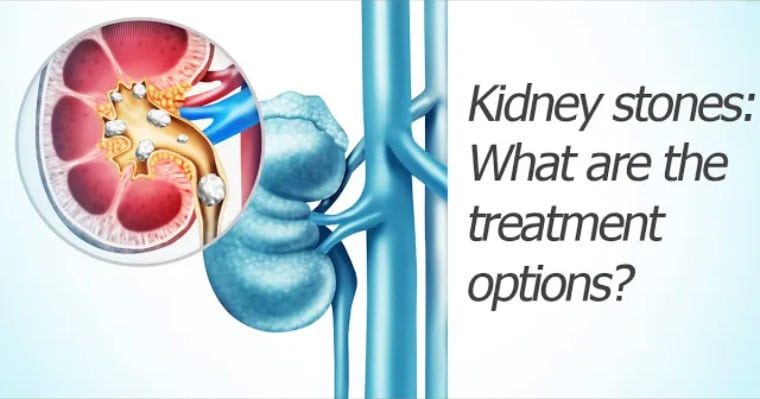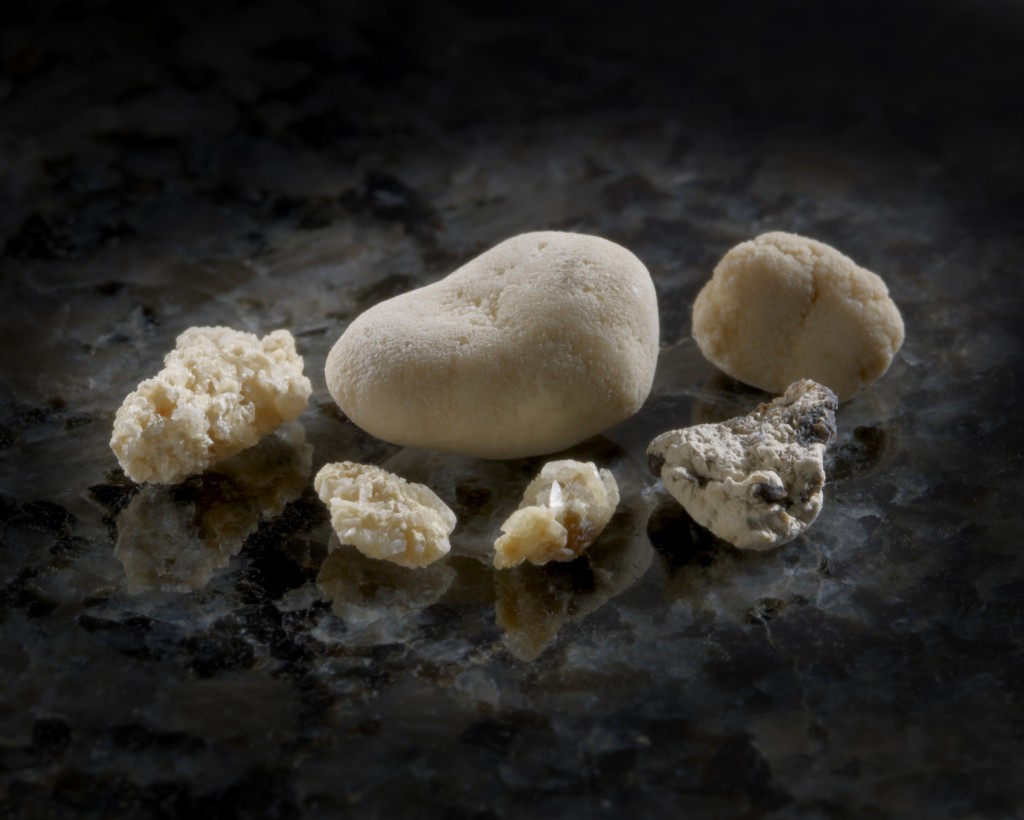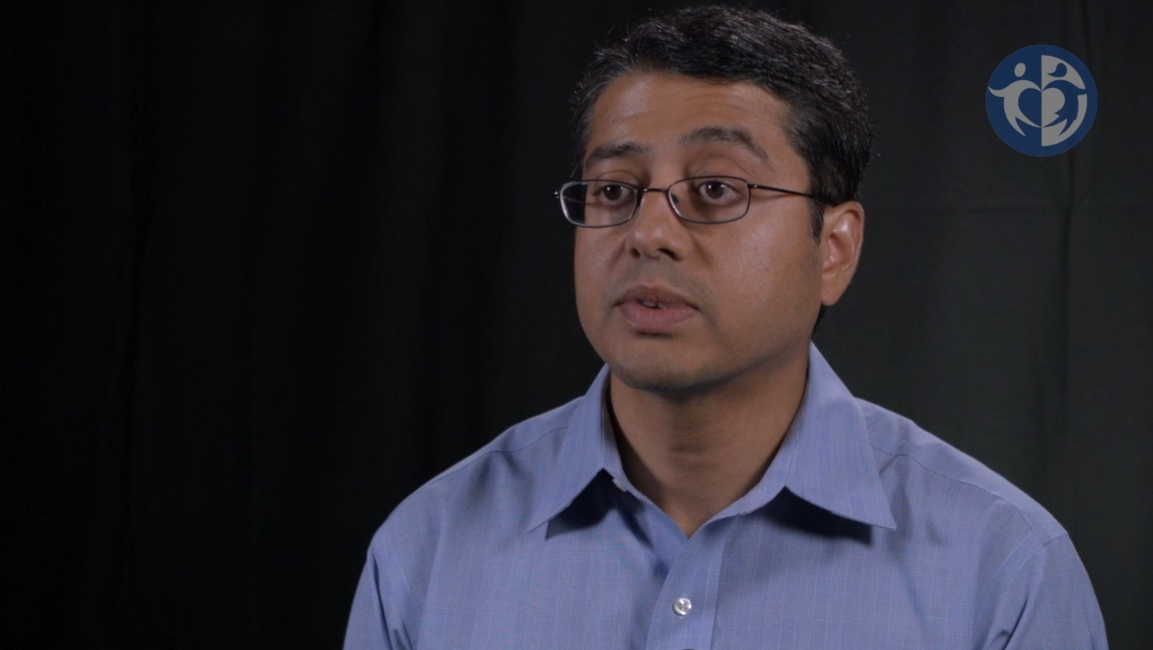If you’ve been diagnosed or suspect you have kidney stones, you will want to know about your options for treatment right away.
Kidney Stones: What are they?
Kidney stones are technically referred to as renal calculi. They are solid  entities formed of different types of crystals. When they become large, they are extremely painful. They are called kidney stones because they usually start forming in the kidneys, but they can develop anywhere along the urinary tract, including
entities formed of different types of crystals. When they become large, they are extremely painful. They are called kidney stones because they usually start forming in the kidneys, but they can develop anywhere along the urinary tract, including
- kidneys
- ureter
- bladder
- urethra
What Causes Kidney Stones?
Kidney stones have several variations, and they originate for different reasons. Some of the causes are:
- Calcium. Calcium-based stones are the most common type and somewhat preventable by avoiding high oxalate-rich foods like potato chips, peanuts, chocolate, beets and spinach. Ironically, although some kidney stones form from calcium, getting sufficient calcium in your food can prevent these stones.
- Uric acid. These kidney stones are found more often in men than women. They develop when the urine becomes too acidic due to a diet high in purines (animal proteins) like fish, shellfish and some meats.
Struvite. Struvite stones are more often found in women who have urinary tract infections or a kidney infection. - Cystine. Cystine stones are less common. They are hereditary and caused by leakage of cystine into the urine from the kidneys.
What Treatment is Available for Kidney Stones?
If the stones don’t go away by passing naturally through the urogenital system, you should contact a urologist for treatment. There are several procedures they can employ to remove the stones. The type of treatment depends on the size of the stones and type of stone.
Here are some treatments your urologist might recommend:
- Medication: The urologist may prescribe pain medications and/or antibiotics in case of an infection. Other medicines also may be prescribed depending on what type of kidney stone is found, including: allopurinol for uric acid stones; diuretics to avoid calcium stones; sodium citrate or sodium bicarbonate, which makes the urine less acidic; or phosphorus solutions which are found to prevent calcium stones from forming.
- Modern methods of breaking up the stones like lithotripsy, in which sound waves are employed, so stones are more easily passed.
- Tunnel surgery is a minimally invasive procedure in which the urologist makes a small incision on your back to retrieve the stones.
- Ureteroscopy: If a kidney stone is lodged in the bladder or ureter your urologist may use a ureteroscope to retrieve it. In this procedure a thin wire with an attached camera is inserted into the urethra and bladder, and then the stones are retrieved. Stones are examined by a lab to give more insight into the type of stones being formed.
Kidney Stone Prevention
If you are prone to kidney stones, try to drink 6 to 8 glasses of water each day to increase urine flow. This preventative measure helps flush out the kidneys. Your urologist may prescribe medication to help prevent future types of stones from forming.
If you think you have kidney stones you will want to speak with a qualified doctor to discuss the best methods to prevent and treat them. If you are in Florida, call the Advanced Urology Institute for an appointment with a board certified urologist.





